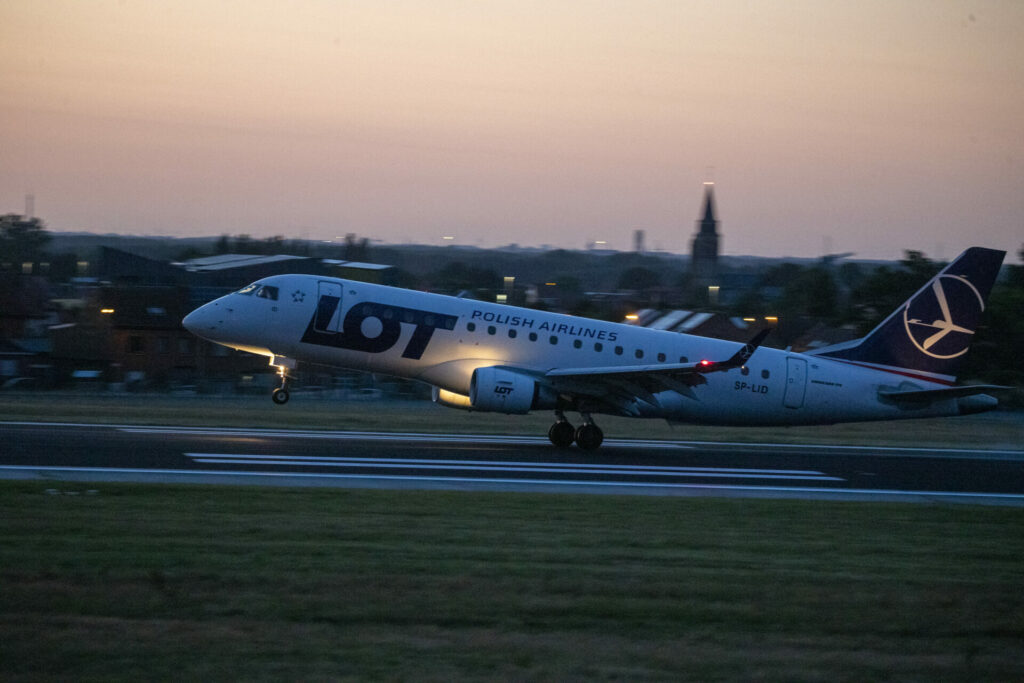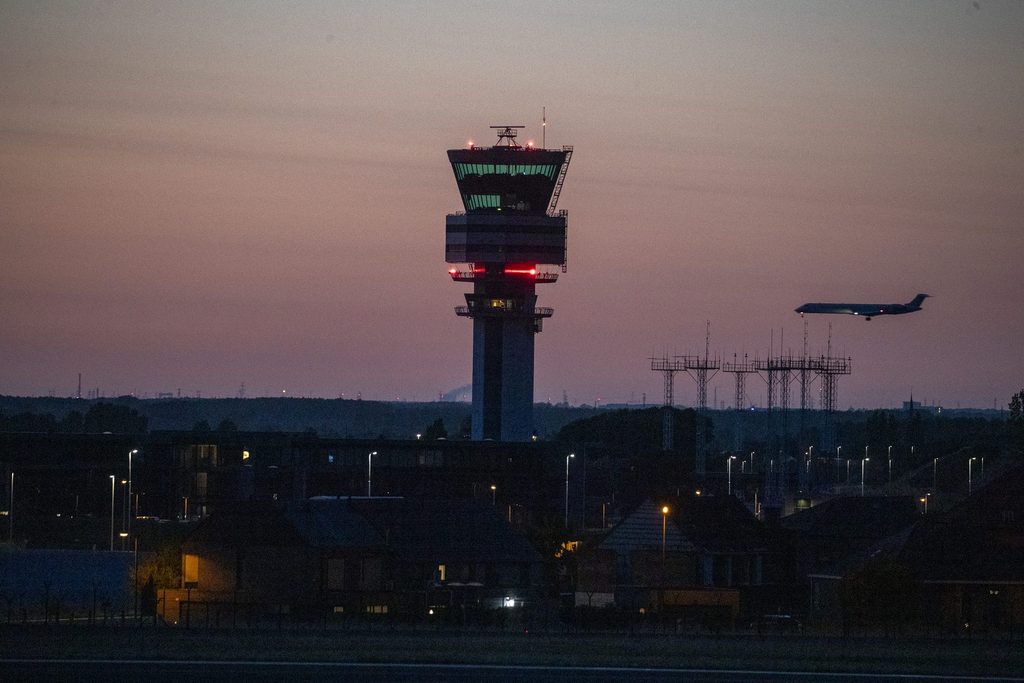The main argument against banning night flights – that it could put thousands of jobs at risk – has been debunked by a recent study which instead revealed that no jobs would be lost. By contrast, it showed that the move would bring some €400 million in health gains.
Noise pollution at Brussels Airport in Zaventem has long been an issue, dubbed "one of the most complicated in Belgian politics". It has risen on the agenda as the airport is due a new environmental permit. A recent study highlighted the severe health damage from chronic sleep disruption, which can lead to high blood pressure and other complications.
Federal Mobility Minister Georges Gilkinet earlier this year presented a draft ministerial decree in inter-cabinet consultations aimed at reducing noise and environmental pollution. It included a total ban on night flights between 23:00 and 06:00 and was welcomed by residents as "a milestone for the health of residents".
However as expected, Brussels Airport, Brussels Airlines and the Flemish network of companies Voka called the proposal irresponsible, arguing that it would put thousands of jobs at risk. This criticism led the Flemish Association for a Better Environment (Bond Beter Leefmilieu or BBL) to commission a study into the claims.
"We often heard the killer argument that many people would lose their jobs because of these plans," Jasper Wouters of BBL said. "That turns out not to be true."

A rude awakening: an aircraft of LOT Polish Airlines taking off from Brussels Airport at night. Credit: Belga / Nicolas Maeterlinck
Pros far outweigh the cons
The study by Transport & Mobility Leuven analysed the effects of two measures: a ban on night flights and limiting the number of flights movements to 220,000 flights per year – 6% less than before the pandemic.
A ban on night flights would mainly impact cargo companies. But Wouters explained that slots are still available during the day, which logistics companies could use instead. At worst, analysts concluded that 0.1 to 0.2% of current employment would disappear in the longer term.
The benefits would be allowing around 200,000 residents to sleep undisturbed, as well as improve working conditions for airport staff. "Their physical and mental health also suffers heavily from night work, imposed by the harmful 24/7 parcel model."
Moreover, there is huge potential for additional employment if flights under 600 kilometres are replaced with international trains. This is because rail employs more people per passenger kilometre than aviation.
Related News
- Noise pollution: 12% drop in people affected by Brussels Airport flights by 2032
- 'Ready to be arrested': Belgian airports possibly targeted during major action this weekend
On this front, Wouters explained that trade unions and public transport companies could launch retraining programmes for those in the aviation sector interested in making the switch.
With regard to prices, capping the number of flights would only increase the average plane ticket by €5. "But the result would be a health and environmental gain of almost €400 million per year", without taking into account the benefits of reduced emissions of so-called non-C02 greenhouse gases.
"We can maintain the employment and connectivity of our country while protecting the health of residents, workers and the environment. We are reaching out to all politicians, employers and unions to think about how to make this a reality."

